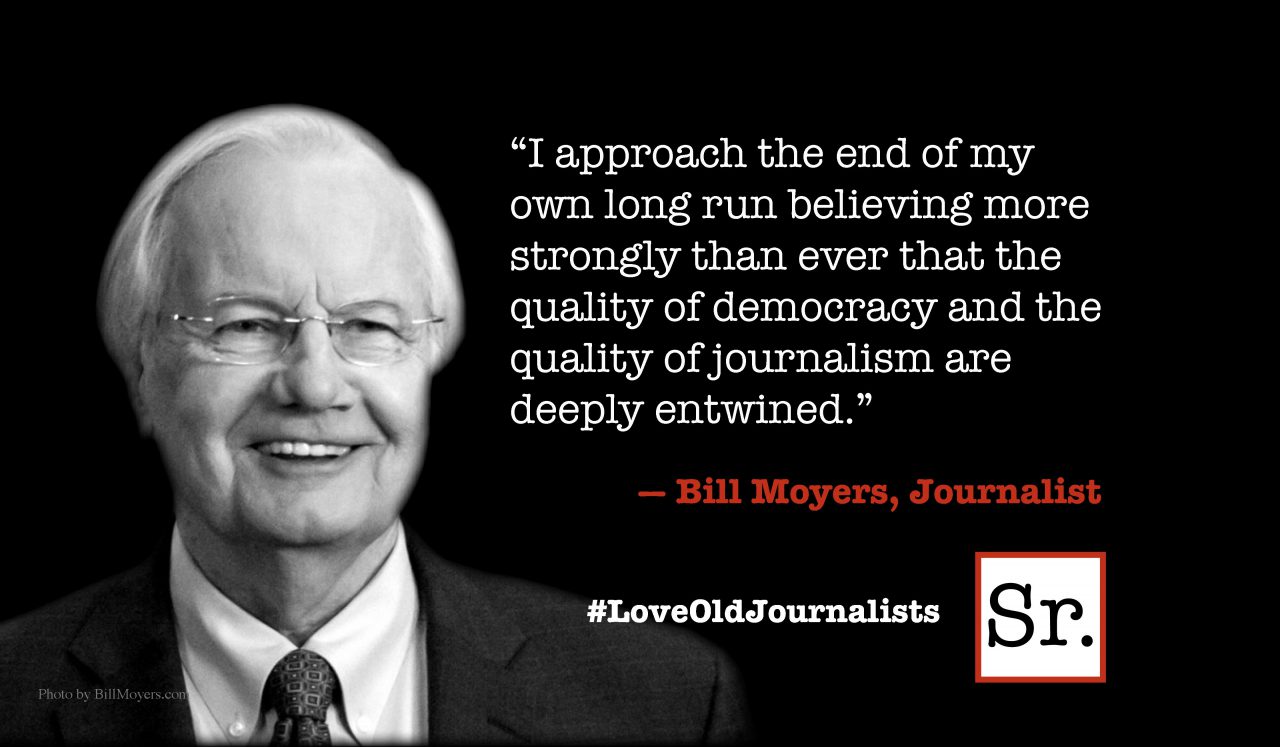Mental health professionals tell us there’s no “correct” way to grieve. How you mourn depends on who you are.
Even so, it’s hard to sympathize with Davis (Jake Gyllenhaal), the young widower at the heart of Jean-Marc Vallee’s “Demolition,” a film that for much of its running time dares you to care before eventually finding its emotional center.
After losing his wife in an auto accident, it quickly dawns on Davis that he doesn’t feel grief. Or much of anything.
Before the funeral he practices crying in front of a mirror, just so he’ll be able to pass himself off as the bereaved spouse people expect.
But it’s all for show. While Phil (Kansas City’s Chris Cooper), Davis’ father-in-law and boss at a Wall Street investment firm, is obviously shattered by loss, the dead-eyed Davis is simply numb.
He does get worked up by one thing. While waiting in the emergency room, Davis was ripped off by a hospital vending machine that took his money and failed to deliver the M&Ms. Now he sends bizarre rambling letters to the vending machine company’s complaints department.
He’ll tell you it’s not about the money. It’s about the principle. But what it’s really about is having something to obsess over so he doesn’t have to face himself, his loss and his growing sense that he really didn’t know his wife at all.
Vallee, whose “The Dallas Buyers Club” and “Wild” melded art film sensibilities with great acting and strong storytelling, goes out on a limb with “Demolition.” For big swatches of the film he and screenwriter, Bryan Sipe, give us a protagonist we can’t figure out or necessarily like.
They create an emotional palette that veers from overt displays of gut-tearing sorrow (from Cooper’s character) to black humor and atavistic outbursts.
The film’s title refers to Davis’ growing mania for destruction. He devotes a night to dismantling his home refrigerator. At the office he takes apart the partitions in the men’s room. Eventually he stops showing up for work and instead pitches in — without pay — to help tear down a house. Still wearing his business suit he takes a sledgehammer to walls and beams.
Salvation of a sort comes from an unexpected quarter. Karen (Naomi Watts), the vending machine company’s oddball one-woman customer service department, reaches out. A conventional movie would conjure up a romance to bring Davis out of his funk, but “Demolition” won’t let its hero or its audience off the hook so easily.
There might be hope for Davis in the form of Karen’s son, Chris (Judah Lewis), whom she describes as “15, looks 12, acts like he’s 21.”
Chris is mouthy, sarcastic and sullen. He’s also trying to decide if he’s gay or trans, and Davis finds himself clumsily guiding the kid’s deliberations.
In the meantime the two rent a bulldozer so they can take apart Davis’ sterile suburban home.
A half-dozen times “Demolition” threatens to fly apart under the stress of conflicting moods and Davis’ antisocial behavior. Holding it all together is Gyllenhaal’s performance, which somehow matches each off-putting moment with one of compelling insight.
It’s not a smooth or easy ride. But it’s worth sticking with.









